Josef Fritzl 10 years on: the 'ordinary' pensioner and the dark secret of the daughter he held captive for 24 years
After imprisoning his daughter Elisabeth in a basement dungeon, he forced her to father seven babies with him, making some live in captivity as his 'cellar children', while letting three others enjoy a normal life as his 'upstairs family'

Your support helps us to tell the story
From reproductive rights to climate change to Big Tech, The Independent is on the ground when the story is developing. Whether it's investigating the financials of Elon Musk's pro-Trump PAC or producing our latest documentary, 'The A Word', which shines a light on the American women fighting for reproductive rights, we know how important it is to parse out the facts from the messaging.
At such a critical moment in US history, we need reporters on the ground. Your donation allows us to keep sending journalists to speak to both sides of the story.
The Independent is trusted by Americans across the entire political spectrum. And unlike many other quality news outlets, we choose not to lock Americans out of our reporting and analysis with paywalls. We believe quality journalism should be available to everyone, paid for by those who can afford it.
Your support makes all the difference.On Saturday 26 April 2008, an anxious father and his daughter arrived to visit their critically ill relative in Mostviertel-Amstetten State Hospital, lower Austria.
Doctors were shocked by the daughter’s appearance. Her skin was the colour of ash, her few remaining teeth rotten beyond repair.
She looked aged enough to be the wife, not the daughter of her 73-year-old father.
Already suspicious about the signs of neglect detected in Kerstin, the sick 19-year-old relative, the doctors called the police.
At first the daughter, Elisabeth, was reluctant to talk. Only when the police officers promised her she would never have to see her father again did she open up.
And then a story tumbled out of her that was so incredible she had to preface it with the words: “No one will believe me.”
Elisabeth Fritzl had been imprisoned by her father in the basement of the family home at number 40, Ybbsstrasse, Amstetten, for 24 years, from the ages of 18 to 42.
He had deprived her of daylight for 8,516 days, and raped her 3,000 times. Kerstin, the relative in hospital, was Elisabeth’s daughter, by her father – one of seven children born of incestuous, subterranean rape.
It took Elisabeth two hours to give the officers the basic details of what she had suffered.
This Thursday, it is 10 years to the day since the world came to know the crimes of Josef Fritzl.
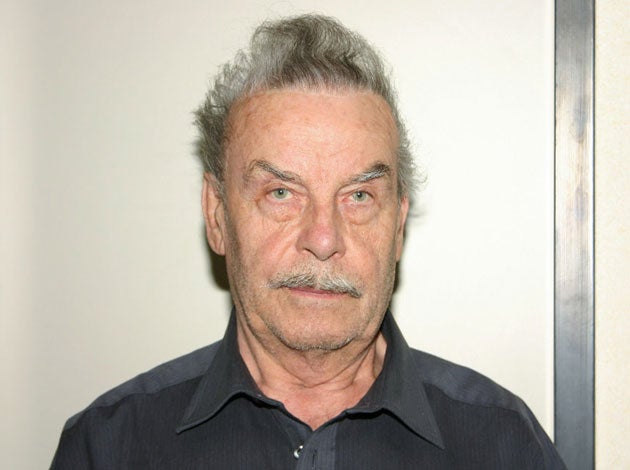
There were cases of children being imprisoned in basement dungeons before; there have been others since.
In America, David and Louise Turpin are currently awaiting trial after their 13 emaciated children were found living in squalor, some of them manacled and in chains, in an outwardly respectable Californian home.
But it is the Fritzl case that remains the most seared into public memory.
Today it finds its echo in recent fiction honouring a woman’s ability to endure, escape and overcome male abuse: the BBC miniseries Thirteeni about a woman who was imprisoned aged 13 and held captive in a cellar for 13 years; the 2010 novel Room, about a woman imprisoned aged 17 who has a child by her captor, before she too succeeds in escaping; and more lightheartedly, the US sitcom The Unbreakable Kimmy Schmidt.
The Fritzl case, though, could also been seen as tapping into male fantasies of predatory sexual power: a voyeuristic chance for men to enjoy the rape and imprisonment, while retaining their sense of virtue.
The same female unbreakability that appealed to the women authors of Thirteen, Room and Kimmy Schmidt, might also have appealed, more darkly, to men, to Fritzl himself.
Consider the reasons offered for why he picked on Elisabeth, out of the five daughters he fathered with his wife Rosemarie.
“She was as stubborn and strong as he was,” said Dr Heidi Kastner, the forensic psychiatrist who interviewed Fritzl for the prosecution. “If you want to exercise power and break somebody’s will, it is more gratifying to break a strong person’s will.”
Above all, the Fritzl case speaks of our enduring atavistic fascination with evil, and its banality.
To his friends and neighbours, even to Dr Kastner, who interviewed him six times, Josef Fritzl was “very ordinary”. The house on Ybbsstrasse, too, looked ordinary.
But inside, Fritzl had been abusing his daughter since she was 11 years old.
“I knew that Elisabeth did not want the things I did to her,” he would say later. “I knew that I was hurting her. But the urge to finally be able to taste the forbidden fruit was too strong.”
In January 1983, aged 16, Elisabeth tried to run away. But after three weeks, the police found her and took her home to her father.
This, in a way, was what sealed her fate. Fritzl now had the perfect back story for presenting his daughter as a troubled runaway, the kind of girl who might be expected disappear without too many questions being asked.
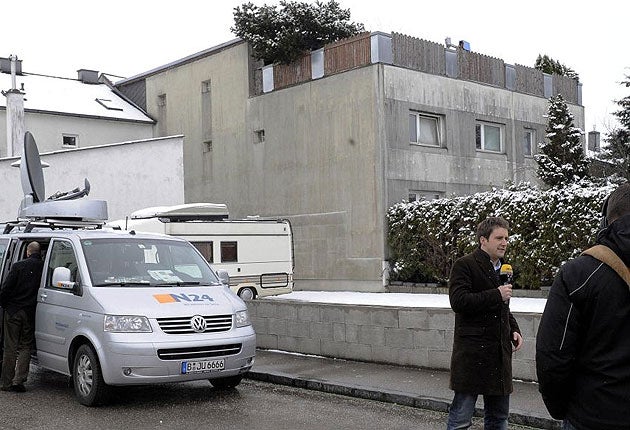
On 28 August 1984, she was 18. It seemed Elisabeth now had the chance of getting a job that would take her away forever, to the north Austrian city of Linz.
And so Josef Fritzl asked his daughter to help him carry a wooden door down to the cellar.
To Elisabeth, it looked like Dad was just doing a harmless upgrade on the basement. She held the door in place to allow Fritzl to fit it to the frame.
And as she did so, he held a chloroform-soaked cloth to her face until she passed out.
Elisabeth awoke to find her hands tied behind her back with a chain. The cellar had been prepared for her. A bed, washbasin and electric stove were already in place. The door had been the last piece needed to seal her in her dungeon.
“I had to do something,” Fritzl would later “explain”, in an interview given to his lawyer because he wanted to prove that “I am no monster”.
“I had to create a place where I could keep Elisabeth, by force if necessary, away from the outside world,” he said. “She did not adhere to any rules any more. She would spend whole nights in dingy bars, drinking alcohol and smoking. I only tried to pull her out of that misery.”
Elisabeth told it rather differently. For the first few weeks, she said, her father kept her locked underground in the dark, visiting her only to rape her or feed her.
For four years, she lived alone in the cellar dungeon, seeing only one other human being: Fritzl, her rapist, jailer father.
Then, in August 1988, Kerstin arrived.
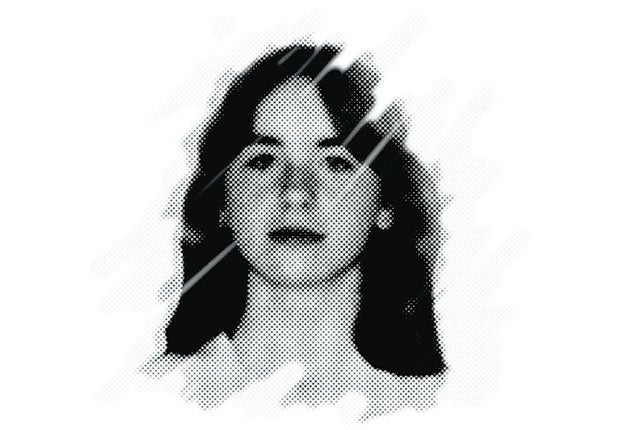
With no medical assistance, in an underground prison, Elisabeth eventually gave birth to seven of her father’s children.
One son, Michael, a twin, died after a matter of days. Fritzl secretly cremated the tiny body in a wood-burning stove.
But he took Michael’s twin brother Alexander upstairs to live openly with him and his wife Rosemarie.
As if he was some sort of warped god, Fritzl decided on different fates for each child.
Three – Alexander, Lisa and Monika – were chosen to become the “upstairs family”, enjoying a normal life with Fritzl and his wife.
Three – Kerstin, Stefan and Felix – became the “cellar children”, condemned to spend their entire existence in an underground prison.
Fritzl used Elisabeth’s record as a runaway to explain both her disappearance, and the appearance of the upstairs children.
He told his wife that Elisabeth had run away from home to join a religious cult.
The cult, he claimed, had “no room for children”, so Elisabeth had resorted to dumping her babies at the family home.
This explained why Lisa “appeared” aged nine months, in a cardboard box on the doorstep in 1992, with Monika following in December 1994 and Alexander in 1997.
Rosemarie believed him. Perhaps more incredibly, so did Austrian social services.
Fritzl had served a prison sentence for raping a woman in 1967. But it seems that social services did not take this into account when considering Elisabeth’s disappearance, and when allowing Fritzl to adopt the three “foundlings”.
Meanwhile, underground and undetected, Elisabeth and the cellar children survived in a subterranean chamber offering no more than 60 square metres (650 square feet) of space.
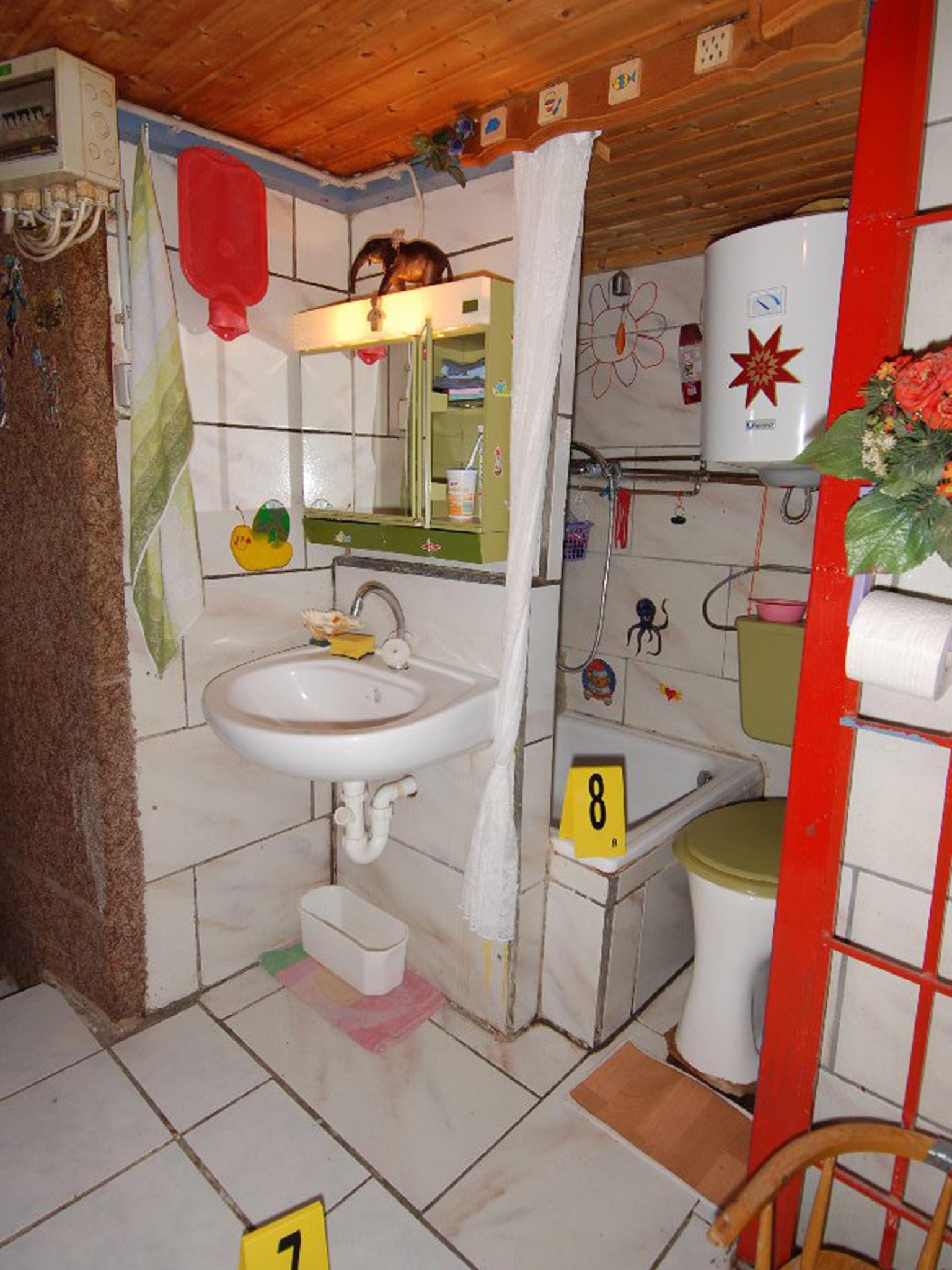
Fritzl’s dungeon was hidden behind the shelving of his cellar workshop.
Once inside, a narrow, five-metre-long corridor led to a small cooking and bathroom area, with a shower. There was running water and electric lighting, but the floor was uneven and bumpy.
The dungeon was divided into cells, some no more than 1.70m (5.6ft) high.The only ventilation was provided by a tube. The captives never saw sunlight.
Fritzl, a former electrical engineer, sealed them in behind a heavy concrete and steel door. It was opened electronically using a remote-control combination lock.
Only he knew the combination. He told his captives that if they fiddled with the dungeon door, they would receive an electric shock and die.
In this damp, fetid prison, three children born into captivity and weakened by lack of oxygen, who had never seen daylight, were assured by their mother: “Heaven is up there.”
When finally he was rescued and brought “up there” aged five, little Felix would spend hours just stroking the grass in the garden of his new home.
“When the sunbeams struck his face,” said the police officer who took him out of the dungeon, “he squealed loudly.”
He clapped his hands with joy when he saw a cow in a field, was fascinated by the sun and the moon.
It was the same for all the cellar children. “For them,” said Berthold Kepplinger, the chief physician of the clinic where they were taken upon release, “a passing cloud is a phenomenon.”
And yet Fritzl seems to have convinced himself that what he was doing to these children was normal – even wholesome.
“It was a beautiful idea for me,” he said, in the interview that was supposed to show he wasn’t a monster, “To have a proper family, also down in the cellar, with a good wife and children.”
“We celebrated birthdays and Christmas down there,” he said. “I even smuggled a Christmas tree into the cellar with cakes and presents.
“Whenever I went to the bunker, I would bring my daughter flowers and cuddly toys as well as books for the children. I would watch an adventure film on video with them while Elisabeth would prepare our favourite food, and then we would all sit at the kitchen table and eat together.”
But the other videos he took into the cellar were pornographic ones. Elisabeth said he would force her to re-enact his favourite scenes as he raped her.
It was reported that the attacks happened in one of the thoroughly soundproofed, padded rooms, after the cellar children had been locked in other areas of the dungeon.
Escape came when Kerstin fell desperately ill, from what was later believed to have been kidney failure. Now at last Elisabeth was able to persuade Fritzl to let one of her children see a doctor.
Perhaps he had a flicker of genuine compassion. Perhaps, though, Josef Fritzl figured the body of a fully grown 19-year-old would be harder to dispose of than that of a new-born baby.
In the early hours of the morning of April 19 2008, he let Elisabeth help him carry Kirsten out of the dungeon. He called an ambulance.
Initially, Fritzl claimed that he had found Kirsten leaning against the wall of his house, clutching a note from her cult member mother Elisabeth.
But the doctors, puzzled as to what was wrong with Kerstin, said they needed more information from Elisabeth. Unluckily for Fritzl, Austrian TV picked up on the case, portraying him as a man in despair as he tried to find Kerstin’s mother in time to get the information needed to save the 19-year-old’s life.
As his lies collapsed in on him, it seems Fritzl felt he had no choice but to take the enormous gamble of arriving at the hospital with Elisabeth. After the police had examined her, it was the turn of the doctors. They marvelled at how she had withstood her ordeal without losing her sanity.
A year later, at the trial, the unbreakable Elisabeth Fritzl comprehensively defeated her jailer.
Fritzl initially pleaded guilty to rape, incest, coercion and deprivation of liberty. He still, however, denied the charges of enslaving his daughter and murdering Michael by denying him professional medical assistance. But then he watched Elisabeth’s video testimony, and was “devastated” to spot her in court, in person, as it was being played.
The next day, Fritzl for the first time made no attempt to hide his face from the photographers. When the judge asked him how he felt after watching his daughter’s testimony, he quietly answered: “I plead guilty.” He was sentenced to life in a psychiatric institution.
Elisabeth went on to forge a new, better life for herself. Given a new identity, relocated to a tiny hamlet known only as Village X whose residents proved fiercely protective of her, she was able to form a happy, long-term relationship with one of the security guards assigned to protect her.
The cellar children too were said to have embarked upon surprisingly normal-sounding lives. In 2010 it was reported that Felix, the boy who had gazed in wonderment at grass, was now enjoying games on his PlayStation.
By 2013, he was reported to have almost forgotten his time in the dungeon, and was said to be attending a school where his classmates knew nothing of what he had endured.
At the same time, it was reported that Kerstin, who recovered from her illness, had got a boyfriend. Stefan, who first saw daylight aged 18, was now said to have ambitions of seeing the world as a merchant ship captain.
But away from Village X, the Fritzl case had provoked agonised soul-searching. It wasn’t just social services who had failed to notice what was happening at number 40 Ybbsstrasse.
Planning inspectors had examined the cellar in 1983, a year before Fritzl first used it as a dungeon, and had seen nothing more untoward than an extension that might have exceeded the original plans.
More incredibly, for much of the time that he was hiding a secret family in the basement, Fritzl accepted paying lodgers into his house.
One, Alfred Dubanovsky, had rented a ground floor room for 12 years. Like all the tenants, he was told he would be evicted if he went down to the cellar. He heard noises coming from below, but Fritzl assured him it was just the gas heating system.
A neighbour told him of often seeing Fritzl taking food down to the basement. They concluded that he was using the cellar as a storeroom.
“Who would ever believe something so terrible was going on right under my feet?” said Mr Dubanovsky, when the truth was revealed.
Some, especially the British press, couldn’t help drawing parallels with what was portrayed as Austria’s ambivalent, if not unrepentant, attitude towards its Nazi past, and the alleged tendency of its citizens to claim that no one knew about the atrocities.
By unhappy coincidence, for a month in 1945, Amstetten had been the location of a sub-camp of Mauthausen concentration camp.
And Austria already had one world-famous basement captive. Schoolgirl Natascha Kampusch was held prisoner by kidnapper Wolfgang Priklopil for eight years, before escaping in 2006.
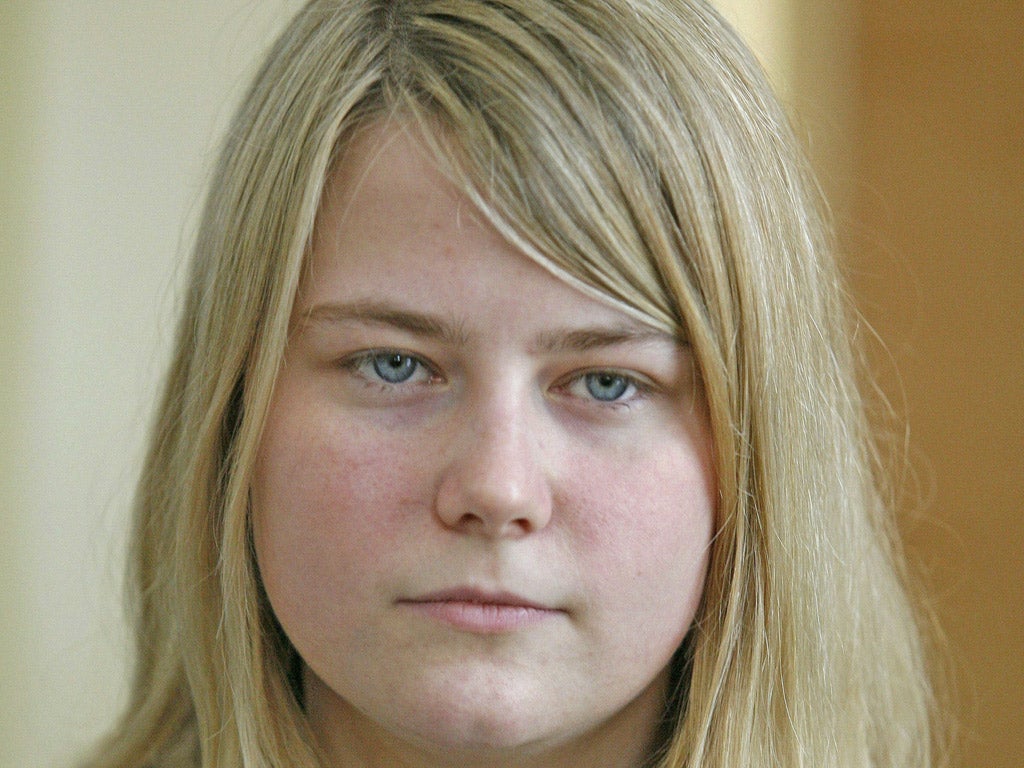
Was the Fritzl case, coming just two years later, evidence of a seemingly infinite Austrian ability to avoid asking questions, the better to be able to claim ignorance?
And wasn’t this the country that had allowed far-right leader Jörg Haider into a coalition government in 2000? “Is something rotten in the state of Austria?” one British reporter asked.
Austrian journalists preferred a more nuanced approach, one that was probably all the more devastating for being shorn of British nostalgia for wartime victories.
In the Die Presse newspaper, Sibylle Hamman suggested that Fritzl was an extreme example of the patriarch tyrant at the head of many Austrian families, his authority reinforced by a powerful, reactionary Catholic church.
“Virtually everybody knows this type of family,” Hamman wrote. “He comes home, uses the family like a toy and then goes again.”
And indeed, in his interview with his lawyer, Fritzl had claimed he didn’t need to use violence to keep his captives in line. “Elisabeth and the children fully accepted me as the supreme head of the family,” he said. “They would have never dared to attack me.”
As for the neighbours and lodgers, “The cellar of my house belonged to me and to me alone,” said Fritzl. “It was my kingdom to which only I had access. Everyone who lived there knew that. My wife, my children, my lodgers. And no one would have dared to enter my realm or even to ask me what I was doing there.”
You could, if you wanted, interpret this as the kind of Austrian authoritarianism that gave Fritzl the confidence to join friends on holiday in Thailand for three weeks in 1994, without really worrying that someone might find his daughter and children in the basement dungeon.
It might, however, be more honest to recognise that in nearly every country, neighbours prefer not to pry, and murderers, serial killers and kidnappers take advantage.
That appeared to be the conclusion of Dr Kastner, the psychiatrist who had actually examined Fritzl. She seemed firmly of the view that you couldn’t simply dismiss the Fritzl case as something that could only happen in Austria.
“It’s not an Austrian specific to lock someone up, to rape your daughter,” she told the Guardian. “It happens all over the world.”
In a way, that was the most chilling conclusion of them all.
The “ordinary” Mr Fritzl remains in a special prison unit for the criminally insane, now aged 83 and preferring to go by his changed surname of Mayrhoff.
According to one account, he sits alone in his cell, staring at the TV shopping channels, interrupted only when another inmate walks past and hurls insults at the locked door. According to another report, which emerged last year, he still hopes of enjoying life on the outside, of maybe one day going fishing again.
Forced to endure his own imprisonment, Josef Fritzl would like to be released.
Join our commenting forum
Join thought-provoking conversations, follow other Independent readers and see their replies
Comments